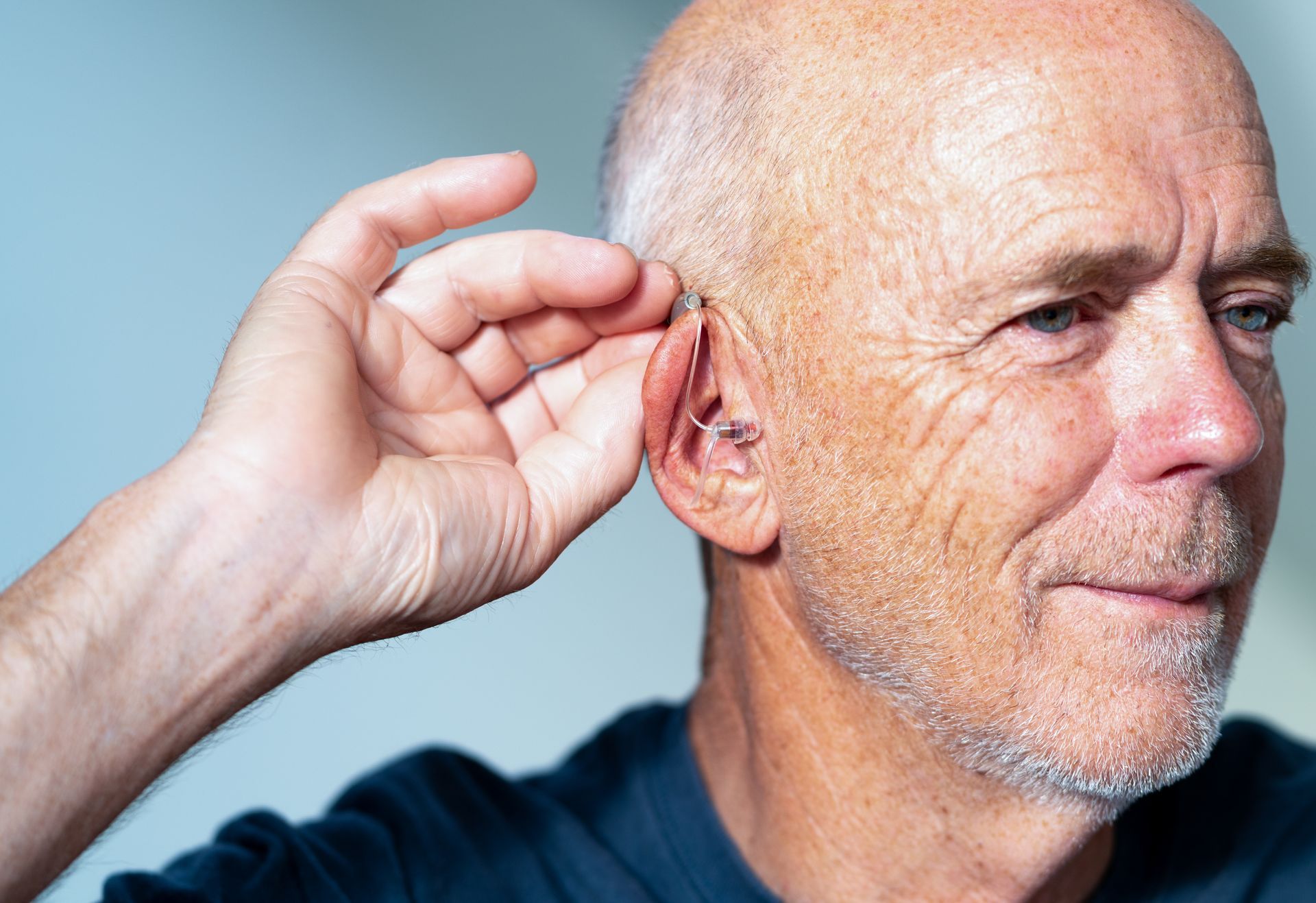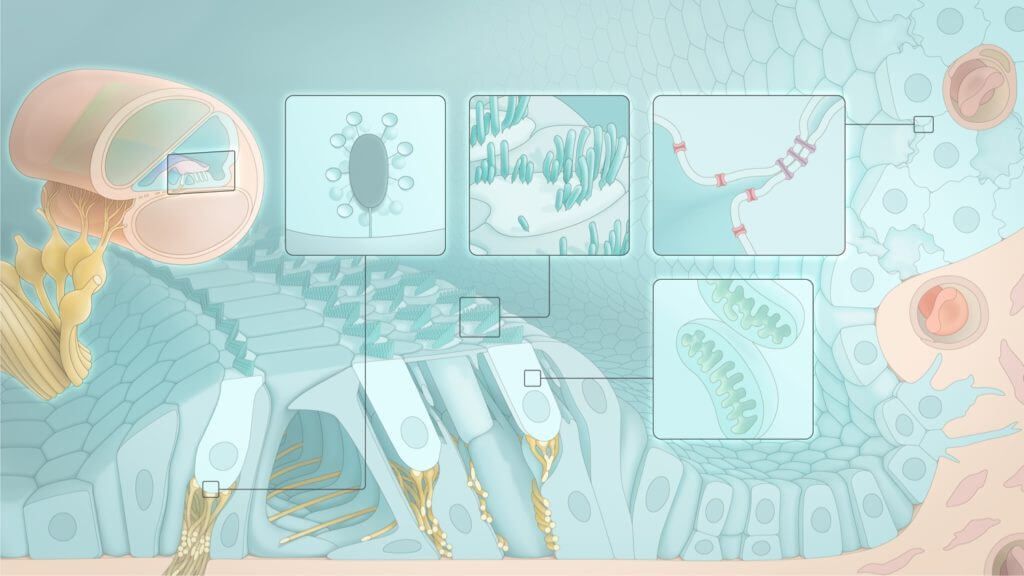How to Host a Hearing-Loss-Friendly Holiday Dinner
You’ve finalized the menu and guest list, but have you figured out how to help loved ones with hearing loss have a fun and festive time?
Bringing comfort and joy to those guests is easier than you think—follow these tips for a happy holiday that’s also hearing-loss-friendly.
Make It a Multi-Room Event
By spreading out the get-together, you can create different noise zones. For example, designate a space for football fans to cheer on their team together or consider creating a playroom area for the kids to congregate. For guests with hearing loss, make sure quieter spaces are available for talking one-on-one and catching up in small groups.
Create a Seating Chart
Seat loved ones wearing hearing devices as far away from the kitchen as possible, where loud bangs and clangs can occur during meal prep and serving. Their location should also let them see everyone’s faces to help with reading lips and following conversations, so place them at the end of the table. Dining at a round table? Every seat is a good one for people with hearing loss.
Design the Perfect Dining Experience
Clear sightlines, minimal background noise and ample lighting, allow guests with hearing loss to see and hear more, as well as use techniques like lip-reading. You’ll also want to lower the music volume, switch off the TV and remove any visible obstructions from the table, like tall centerpieces or candles, before mealtime. And always turn on extra lights to make the season bright, as dim lighting makes it hard for your guests to follow and fully participate in family conversations.
Pay Extra Attention
Hosting can be time-consuming, but try to keep tabs on your guests with hearing loss. Take a moment to chat with them or encourage other family members to do so, preferably in a quiet place.
Plan on attending a holiday event and think you may have hearing loss? Don’t miss a moment of the most wonderful time of the year—schedule an evaluation at Center For Hearing.



